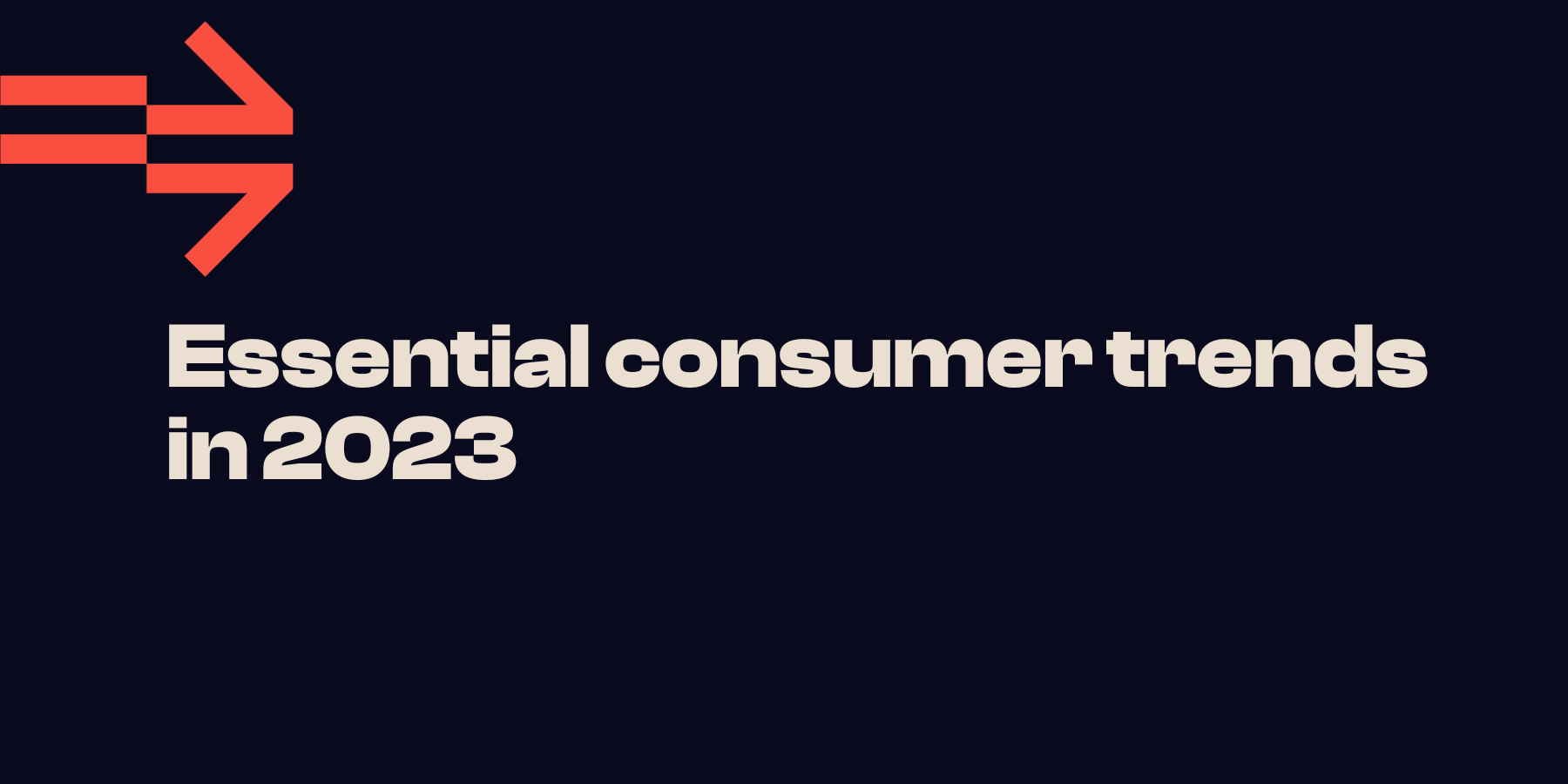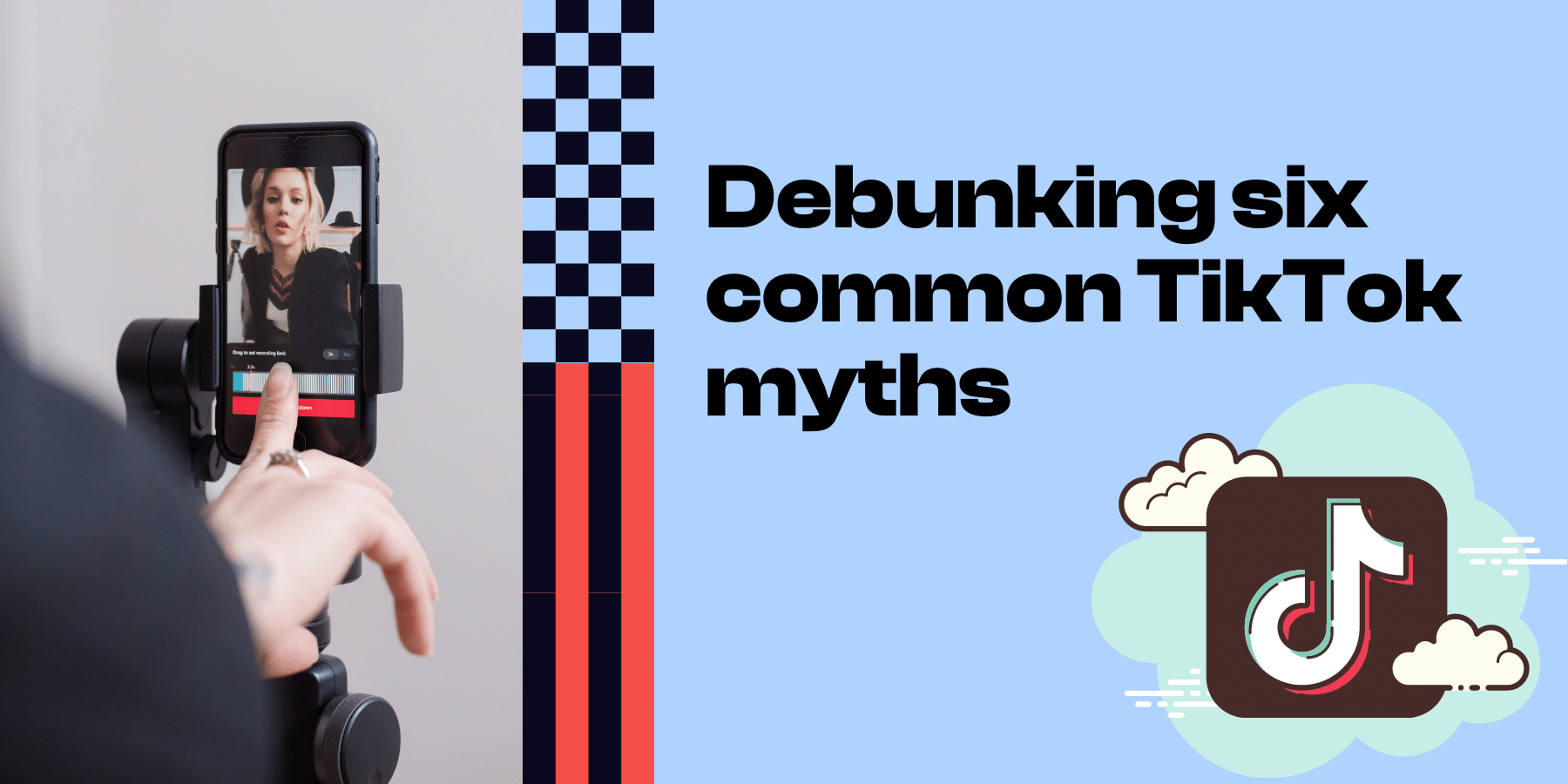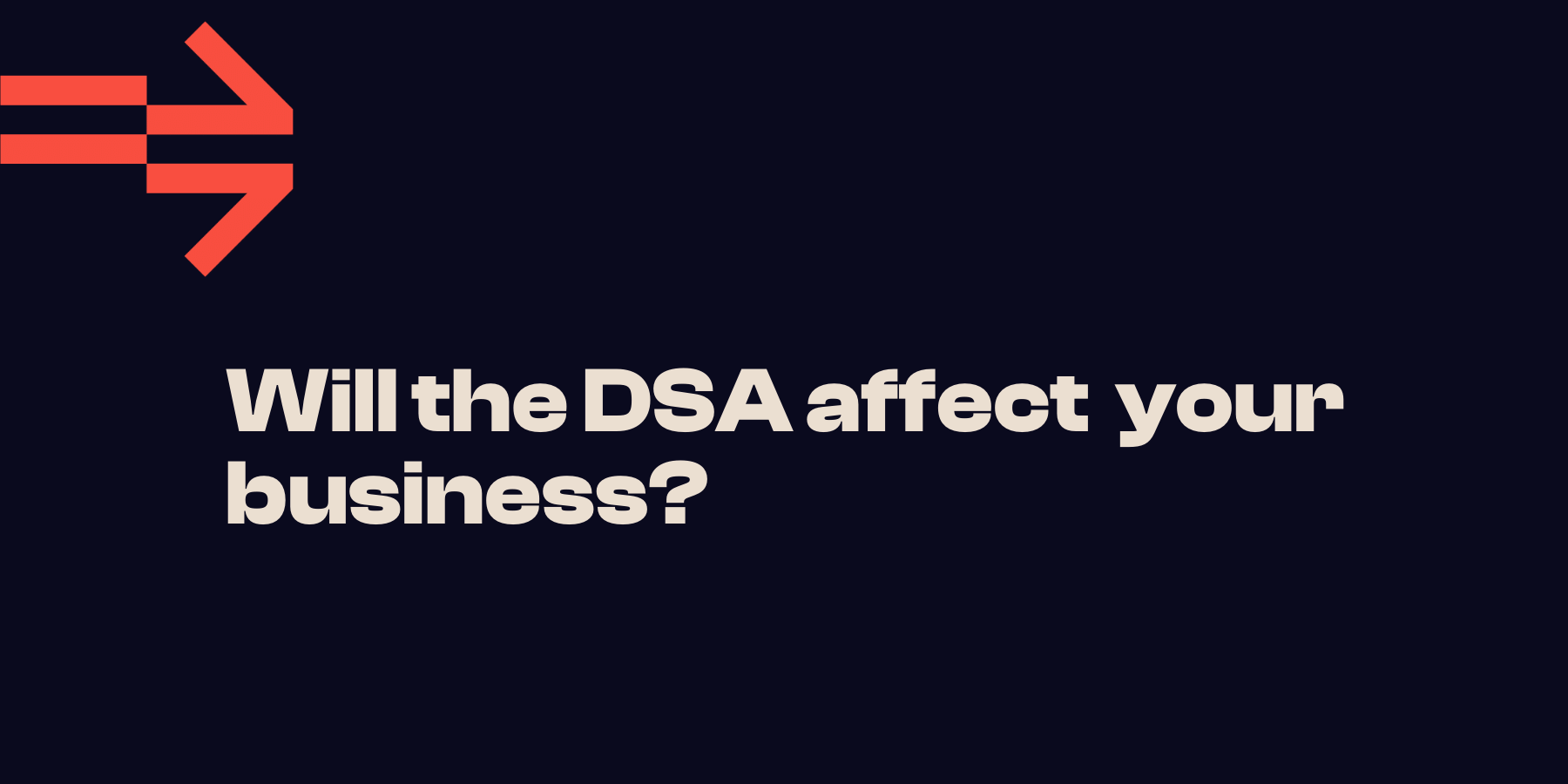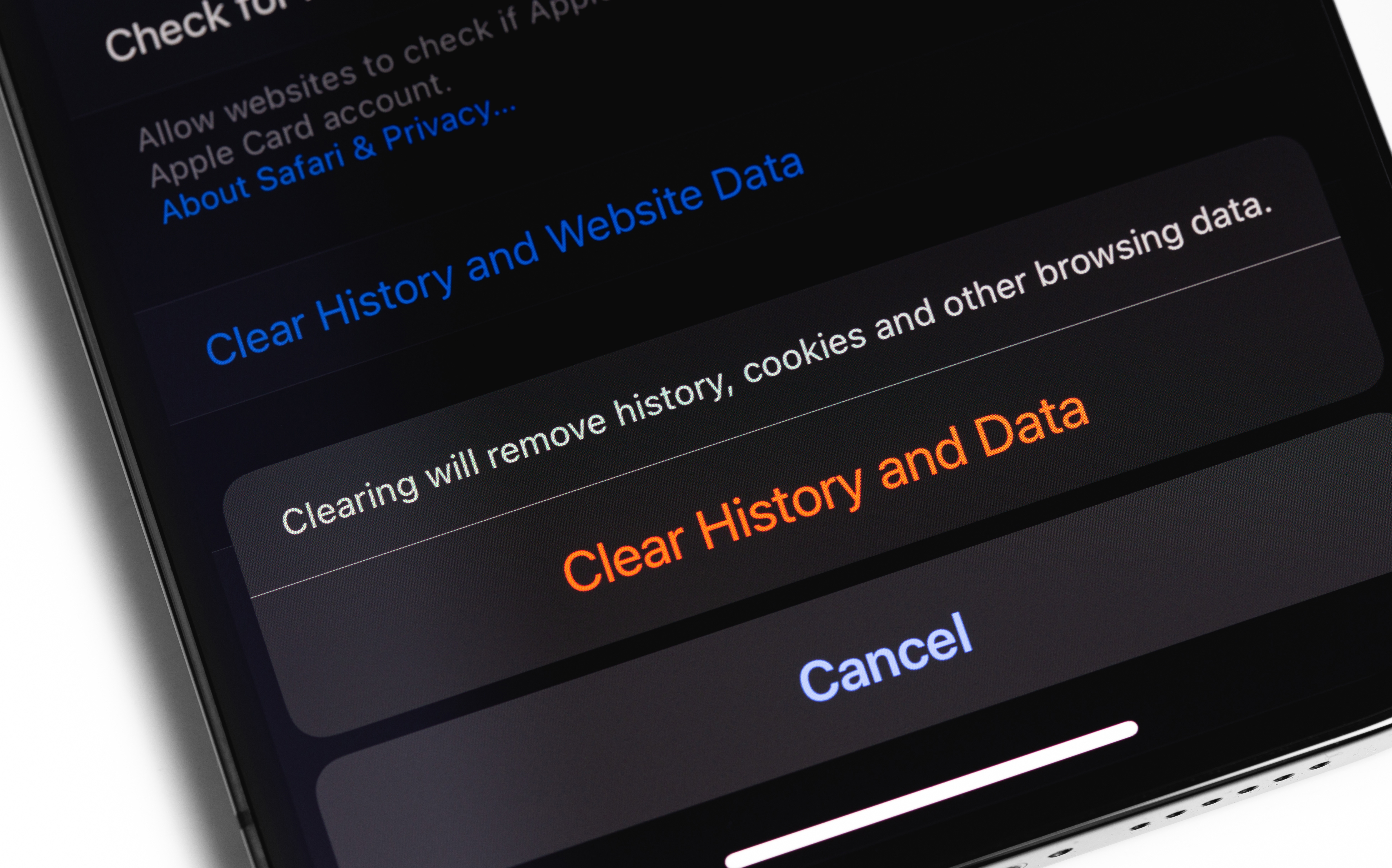Meta ads and gaming compliance
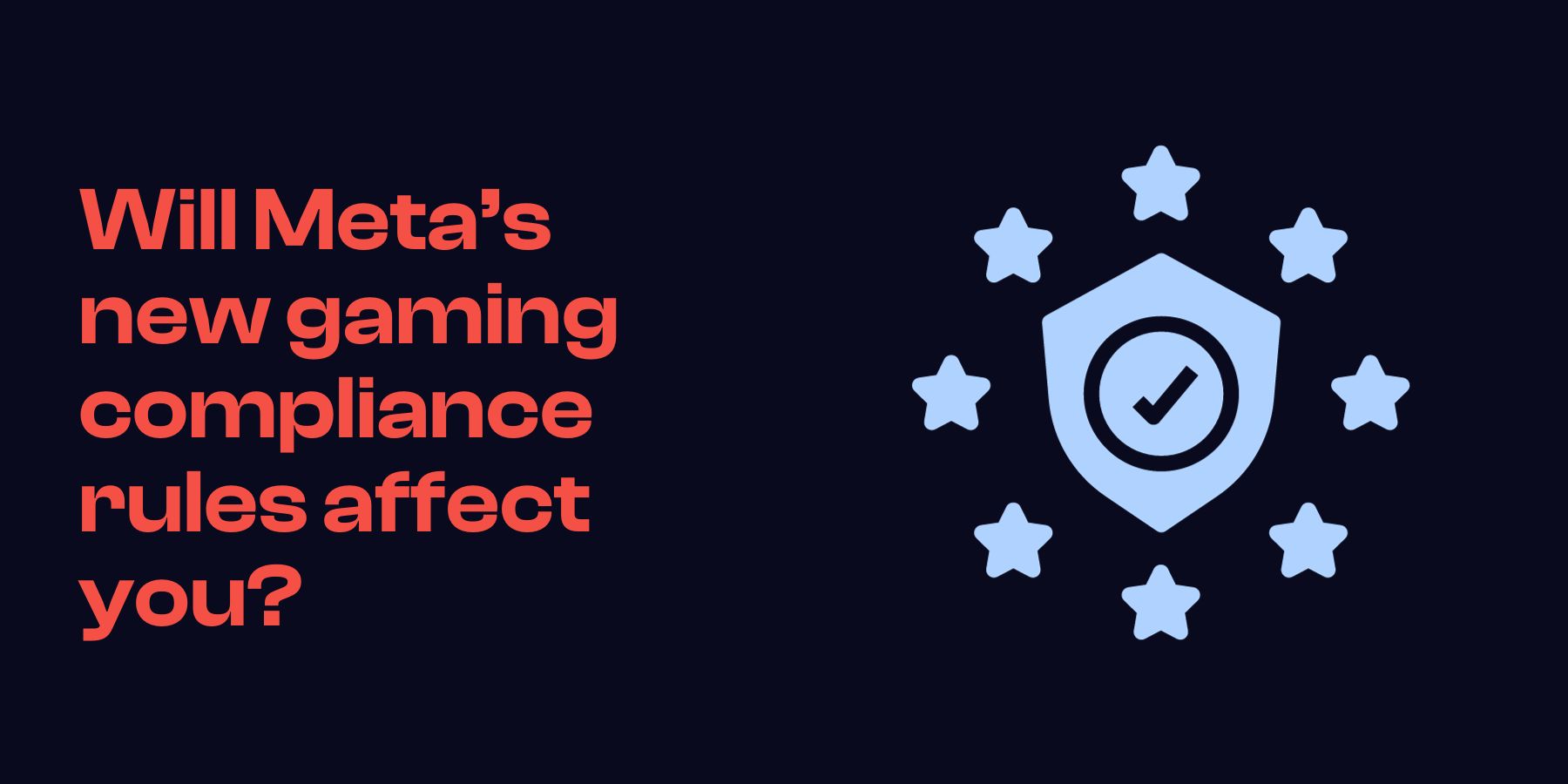
Last updated: 03 November 2023
In November 2022, Meta updated its gambling and gaming service marketing policy. This is being enforced, which requires advertisers to apply for permission to run any ads that would be covered by this policy. This includes businesses who don’t have their core business as gambling or gaming, but do run trade promotions that involve competitions.
In this blog, we’ll cover Meta’s updated gaming service marketing policy and dive into how the change had a big impact on one of our tourism clients.
Background
Meta's gaming compliance requirements are a set of rules that advertisers must follow when promoting gaming-related products and services on Meta's platforms, including Facebook, Instagram, and Messenger. These requirements are in place to protect users from harmful or deceptive gaming activities, and to ensure that Meta's platforms are used in a responsible and ethical manner.
Meta's gaming compliance requirements have a significant impact on trade promotions involving competitions. Advertisers must carefully design and implement their promotions to ensure that they comply with all of Meta's requirements. Failure to do so could result in their ads being rejected or their accounts being suspended.
In this blog post, we will take a closer look at Meta's gaming compliance requirements and their impact on trade promotions involving competitions. We will discuss the types of gaming that are prohibited on Meta's platforms, the requirements for advertisers promoting gaming-related products and services, and the consequences for violating
Meta's gaming compliance requirements. We will also provide some specific examples of how brands have adapted their trade promotions to comply with Meta's requirements, and share some best practices for brands to follow.
If you are a brand that is planning to run a trade promotion involving a competition on Meta's platforms, it is important to carefully review and understand Meta's gaming compliance requirements. This blog post will provide you with the information you need to design and implement a compliant promotion that will reach your target audience and achieve your marketing goals.
Understanding Meta's gaming compliance requirements
Meta's gaming compliance requirements apply to all advertisers promoting gaming-related products and services on Meta's platforms, including Facebook, Instagram, and Messenger. These requirements are in place to protect users from harmful or deceptive gaming activities, and to ensure that Meta's platforms are used in a responsible and ethical manner.
What types of gaming are prohibited on Meta's platforms?
Meta prohibits the following types of gaming on its platforms:
Real-money gambling: This includes any game where players can bet or wager real money or valuables.
Skill-based gambling: This includes any game where players can compete against each other for prizes, and the outcome of the game is based on skill rather than chance.
Lotteries and sweepstakes: This includes any game where players can enter a draw to win a prize, and the outcome of the draw is based on chance.
Fantasy sports: This includes any game where players can create a team of real-world athletes and compete against other players for prizes.
Social gambling: This includes any game where players can bet or wager virtual currency or other in-game items.
What are the requirements for advertisers promoting gaming-related products and services?
Advertisers promoting gaming-related products and services on Meta's platforms must comply with the following requirements:
Advertisers must clearly and accurately disclose the material terms and conditions of their gaming promotions. This includes disclosing the odds of winning, the type of prizes offered, and any restrictions on eligibility to participate.
Advertisers must not target their gaming promotions to minors. Advertisers must also take steps to prevent minors from seeing their gaming ads.
Advertisers must not promote gaming-related products and services that are illegal or prohibited in the jurisdictions where their ads are being served.
What are the consequences for violating Meta's gaming compliance requirements? If an advertiser violates Meta's gaming compliance requirements, their ads may be rejected, their account may be suspended, or they may be banned from advertising on Meta's platforms altogether.
Australia-specific considerations
In addition to Meta's general gaming compliance requirements, there are a few specific requirements that advertisers must comply with in Australia.
Real-money gambling is illegal online in Australia. This means that Meta prohibits all forms of real-money gambling on its platforms in Australia, including online casinos, sports betting, and poker.
Advertisers promoting gaming-related products and services in Australia must comply with the Interactive Gambling Act 2001. This act regulates all forms of interactive gambling in Australia, including online gambling.
Advertisers must also comply with the Australian Communications and Media Authority (ACMA) Code of Practice for Advertising and Promotion. This code sets out the standards that all advertising in Australia must comply with.
The ACMA's Code of Practice includes a number of specific rules that apply to gambling advertising. For example, gambling ads must not be targeted at minors, and they must not promote gambling as a way to make easy money.
Advertisers should carefully review the Interactive Gambling Act 2001 and the ACMA's Code of Practice for Advertising and Promotion before launching any gaming-related advertising campaign in Australia.
Here are some additional tips for advertisers promoting gaming-related products and services in Australia:
Clearly and accurately disclose all of the material terms and conditions of your gaming promotions. This includes disclosing the odds of winning, the type of prizes offered, and any restrictions on eligibility to participate.
Do not target your gaming promotions to minors. You can do this by using age targeting options in Meta's advertising platform.
Do not promote gaming-related products and services that are illegal or prohibited in Australia. This includes all forms of real-money gambling.
Make sure that your gaming ads are compliant with the ACMA's Code of Practice for Advertising and Promotion. You can review the code on the ACMA's website.
If you are unsure about whether your gaming-related advertising campaign complies with Meta's requirements, you can contact Meta's support team for assistance.
The impact of Meta's gaming compliance requirements on trade promotions involving competitions
Meta's gaming compliance requirements have a significant impact on the design and implementation of trade promotions involving competitions. Advertisers must carefully design and implement their promotions to ensure that they comply with all of Meta's requirements. Failure to do so could result in their ads being rejected or their accounts being suspended.
How do Meta's gaming compliance requirements impact the design and implementation of trade promotions involving competitions?
Here are some of the ways in which Meta's gaming compliance requirements impact the design and implementation of trade promotions involving competitions:
Advertisers must disclose all of the material terms and conditions of their competitions. This includes disclosing the odds of winning, the type of prizes offered, and any restrictions on eligibility to participate. This disclosure must be clear, concise, and easy to understand.
Advertisers must not target their competitions at minors. Meta uses a variety of methods to identify minors, including age verification and parental controls. Advertisers can also use age targeting options in Meta's advertising platform to ensure that their ads are only seen by adults.
Advertisers must not promote competitions that are illegal or prohibited in the jurisdictions where their ads are being served. For example, Meta prohibits the promotion of real-money gambling competitions in all jurisdictions.
What are some specific examples of how brands have adapted their trade promotions to comply with Meta's requirements?
Here are some specific examples of how brands have adapted their trade promotions to comply with Meta's requirements:
One brand ran a competition where players could win a prize by completing a series of challenges. The brand used age targeting options in Meta's advertising platform to ensure that the ad was only seen by adults. The brand also disclosed the odds of winning and the type of prize offered in the ad.
Another brand ran a competition where players could enter to win a prize by submitting a photo of themselves using the brand's product. The brand used parental controls to ensure that minors could not enter the competition. The brand also disclosed the odds of winning and the type of prize offered in the ad.
A third brand ran a competition where players could enter to win a prize by answering a series of trivia questions. The brand used Meta's advertising platform to target users who were interested in the brand's products. The brand also disclosed the odds of winning and the type of prize offered in the ad.
What are some best practices for brands to follow when designing trade promotions involving competitions on Meta's platforms?
Here are some best practices for brands to follow when designing trade promotions involving competitions on Meta's platforms:
- Carefully review Meta's gaming compliance requirements. Make sure that you understand all of the requirements before launching your competition.
- Disclose all of the material terms and conditions of your competition. This includes disclosing the odds of winning, the type of prizes offered, and any restrictions on eligibility to participate.
- Do not target your competition at minors. Use age targeting options in Meta's advertising platform to ensure that your ad is only seen by adults.
- Do not promote competitions that are illegal or prohibited in the jurisdictions where your ads are being served.
- Use Meta's advertising platform to target your competition to the right audience. This will help you to reach potential customers who are interested in your products or services.
By following these best practices, brands can design and implement trade promotions involving competitions that comply with Meta's requirements and reach their target audience.
Australia-specific notes
The Australian Consumer Law prohibits businesses from engaging in misleading or deceptive conduct in relation to trade promotions. This includes making false or misleading claims about the prizes offered, the odds of winning, or the terms and conditions of the promotion.
The Competition and Consumer Act 2010 (CCA) prohibits businesses from engaging in anti-competitive conduct, such as price fixing and collusion. This includes agreements between businesses to avoid competing with each other on price or other terms and conditions of trade promotions.
Each state and territory has their own laws and regulations that apply to trade promotions. The only universal rule is that if your trade promotion is a game of skill, you do not require a trade promotion licence to run it. All games of chance require some kind of trade promotion licence, different for each state. For example, the New South Wales Trade Practices Act 1974 requires businesses to obtain a permit before running a trade promotion with a prize pool of more than $10,000.
Businesses should carefully review all the applicable laws and rules before running a trade promotion in Australia. Failure to comply with the law could result in fines, penalties, or even imprisonment.
Here are some additional tips for businesses running trade promotions in Australia:
- Be clear and transparent about the terms and conditions of your promotion. This includes disclosing the odds of winning, the type of prizes offered, and any restrictions on eligibility to participate.
- Do not make false or misleading claims about your promotion. For example, you should not claim that your promotion is "guaranteed" or that the prizes are "worth thousands of dollars" if this is not true.
- Avoid running promotions that could be considered anticompetitive. For example, you should not agree with other businesses to fix prices or not compete with each other on the terms and conditions of your promotions.
- If you are unsure about whether your trade promotion complies with the law, you can contact the Australian Competition and Consumer Commission (ACCC) for assistance.
TL;DR
Meta's gaming compliance requirements have a significant impact on trade promotions involving competitions. Advertisers must carefully design and implement their promotions to ensure that they comply with all of Meta's requirements. Failure to do so could result in their ads being rejected or their accounts being suspended.
In this blog post, we have discussed the types of gaming that are prohibited on Meta's platforms, the requirements for advertisers promoting gaming-related products and services, and the consequences for violating Meta's gaming compliance requirements. We have also provided some specific examples of how brands have adapted their trade promotions to comply with Meta's requirements, and shared some best practices for brands to follow.
If you are a brand that is planning to run a trade promotion involving a competition on Meta's platforms, it is important to carefully review and understand Meta's gaming compliance requirements. This blog post has provided you with the information you need to design and implement a compliant promotion that will reach your target audience and achieve your marketing goals.
Here are some additional tips for brands running trade promotions involving competitions on Meta's platforms:
- Seek legal advice if you are unsure about whether your competition complies with Meta's requirements or with the laws and regulations in the jurisdictions where your ads will be served.
- Monitor your competition closely to ensure that it is running in accordance with Meta's requirements and the laws and regulations in the jurisdictions where your ads are being served.
- Be prepared to make changes to your competition if necessary. For example, you may need to adjust the odds of winning or the type of prizes offered if you receive complaints from users or from Meta.
By following these tips, brands can help to ensure that their trade promotions involving competitions are successful and compliant.
Bonus loophole
If you can’t get permission from Meta in time, or don’t have the legal memos ready to submit, consider running Leads Ads for your trade promotion. If you run Lead Ads, Meta will approve these because they have complete control of the platform, and be confident that you’re the not breaching the gaming compliance policy. We did this recently for a client, and obtained over 9,000 entries in a week!


